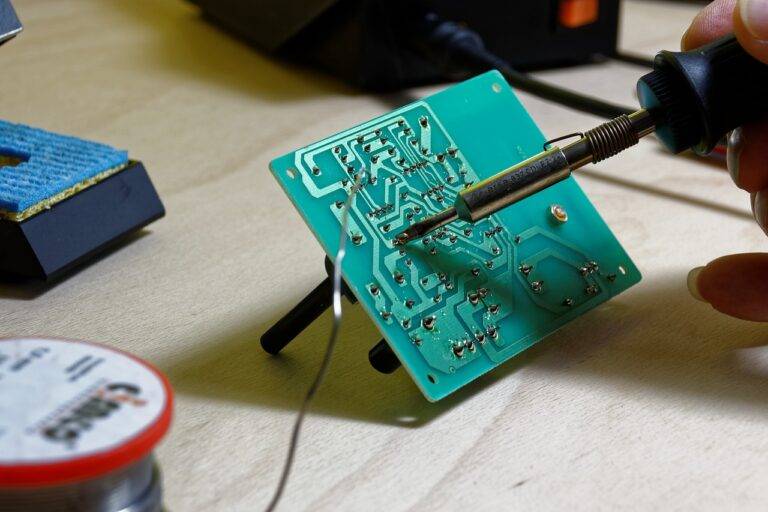Exploring the Potential of Biometric Authentication Systems
Biometric authentication is a sophisticated security method that utilizes unique physical attributes, such as fingerprints, facial features, or iris patterns, to verify a person’s identity. Each individual possesses distinct biometric markers, making it nearly impossible for someone to replicate or steal these traits. By employing biometric authentication systems, organizations can enhance their security measures and ensure that only authorized individuals can access sensitive information or restricted areas.
These biometric systems offer a convenient and efficient way to authenticate users without the need for passwords or physical tokens. With a simple scan or recognition of a person’s biometric characteristics, access can be granted within seconds, reducing the time and effort required for traditional authentication methods. Additionally, biometric authentication provides a higher level of accuracy and reliability compared to traditional identity verification techniques, making it a valuable tool for enhancing security in various industries and sectors.
Advantages of Biometric Authentication Systems
Biometric authentication systems offer a high level of security by providing a unique and individualized way to verify a person’s identity. Unlike traditional methods such as passwords or PINs, biometric data like fingerprints or facial recognition cannot be easily duplicated or forged, reducing the risk of unauthorized access to sensitive information. This makes biometric authentication systems more reliable and robust in protecting personal data and preventing identity theft.
Moreover, biometric authentication systems are convenient and user-friendly. Users no longer need to remember complex passwords or carry physical tokens to access their accounts. With just a simple scan of their biometric data, such as a fingerprint or a facial recognition check, individuals can swiftly and securely authenticate their identity. This not only streamlines the authentication process but also enhances user experience by eliminating the hassle of constantly resetting passwords or dealing with forgotten credentials.
What is biometric authentication?
Biometric authentication is a security process that uses unique biological characteristics, such as fingerprints, facial recognition, or iris scans, to verify a person’s identity.
What are the advantages of using biometric authentication systems?
– Enhanced security: Biometric authentication provides a more secure way of verifying a person’s identity compared to traditional methods like passwords or PINs.
– Convenience: Biometric authentication eliminates the need for users to remember passwords or carry physical tokens, making the authentication process more convenient.
– Accuracy: Biometric authentication systems have a very low error rate, making them a reliable way to verify a person’s identity.
– Non-transferable: Biometric traits are unique to each individual and cannot be easily replicated or shared, making them highly secure for authentication purposes.
Can biometric authentication systems be easily fooled?
Biometric authentication systems have advanced significantly in recent years, making it difficult to fool them with fake fingerprints or facial masks. However, there is still a small possibility of spoofing if the system is not properly implemented or if high-quality biometric data is stolen.
Are biometric authentication systems suitable for all types of applications?
Biometric authentication systems are well-suited for applications that require high security and accuracy, such as access control to sensitive areas, online banking, or government services. However, they may not be suitable for all applications, especially in cases where privacy concerns or regulatory restrictions are present.





